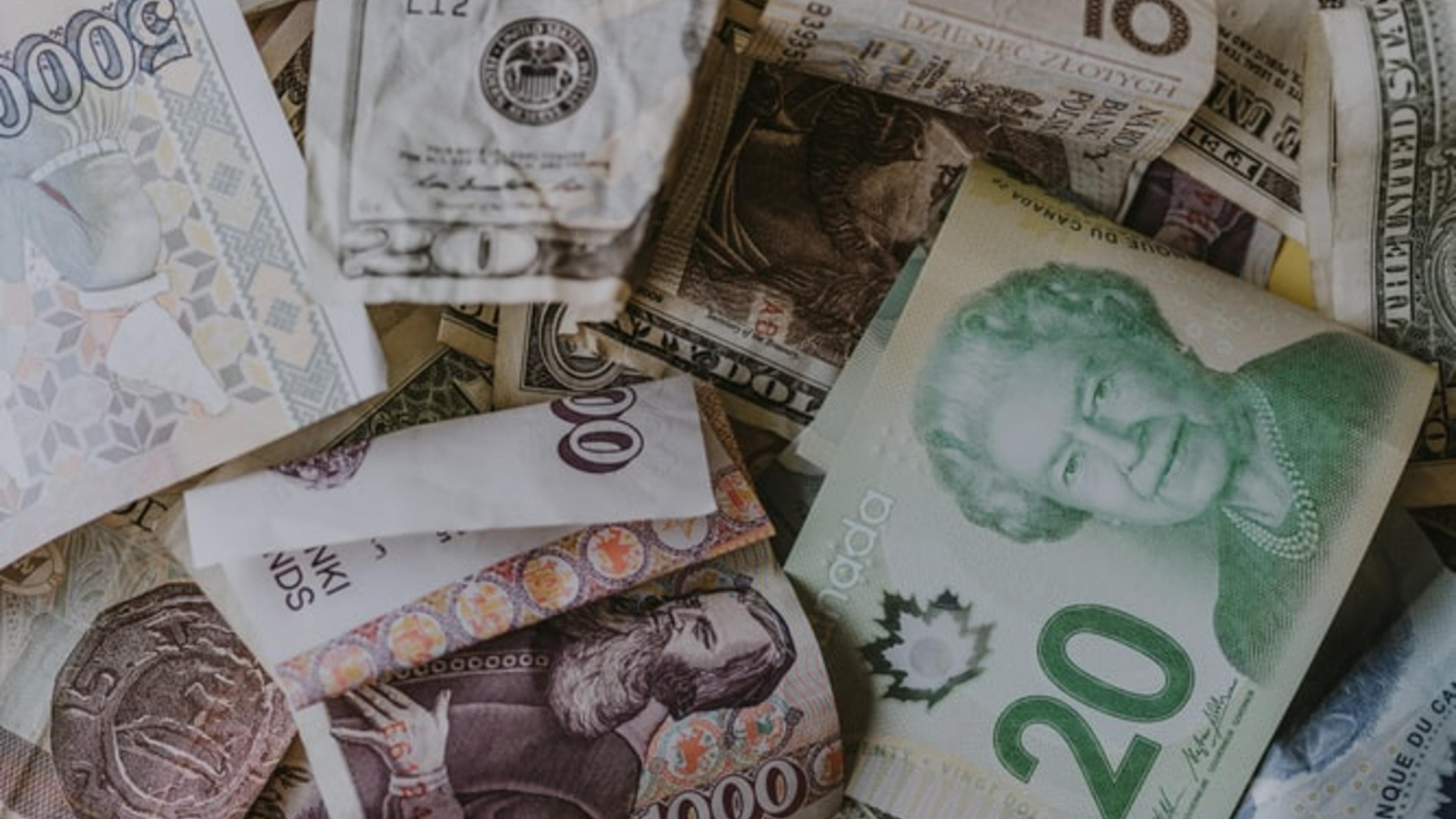As an expat, whether you are working in a third-world country or living in a first-world country, it’s hard to gauge your financial needs and all those necessary expenditures to settle in your new life. However, it is important that you manage your money carefully to maintain an emergency fund, especially when your family circle of support is not in the same country as you.
So, how do you manage your money efficiently?
Here are some tips I’d like to share with you guys to help you manage your money better if you are just starting out as an expat:
Open a Local Bank Account
One of the first things you should do when you arrive in your new home country is opening a local bank account. Having one will help you sign up for utilities and sort out your payments and salary.
Keep Your Bank Account Back Home Active

If you are thinking about staying overseas for a long time, don’t close your bank account back in your home country.
Keep the minimum amount you need in the bank in order not to incur maintenance fees.
If your bank insists on charging for inactivity, you can use the account to pay your bills, which you may have left back home.
You can also use it to pay for items that are shipped from your home country.
It will also help you have some money on-hand if you visit without having to worry about the exchange rate.
Activate Online Banking
If the banks in both your foreign and local home offer online banking, use it. This will help you manage your finances without having to go to the bank.
It also reduces the risk of being charged with additional fees and prevents fraud if someone got your credit card details.
Always Have an Emergency Cash Stash in USD
You can never tell how your life will go overseas, and it may cost you financially.

While your job is doing well overseas, always have an emergency cash stash that you can use if something goes wrong.
This stash can be in the bank, a spare credit card for emergencies, or a small piggy bank that hides in the house.
When you are planning your emergency stash, make sure it is in small notes and you can use it immediately when you need to.
We have kept our stash together with our important documents in the event of an emergency evacuation; we can just grab and go.
Keep Track of Your Conversion Rates
Conversion rates constantly change depending on the economic situation every day.
With this in mind, you need to always track it if you want to pay something back home or if you want to send money to your family.
If this is the first time you arrive in the country, knowing the conversion rates ahead of time will help you budget your money wisely.
Always Understand the Tax Implications of Your Move
Even if you move to another country, you may still need to pay taxes depending on your home country.
When you move, make it a point to find out what taxes you will be liable for and if your employer can assist you in sorting them out when you arrive in the country.
If you are an Australian, you must pay taxes to the Australian government while also paying taxes in your host country. Some citizens, like Singaporeans, do not require paying tax to the government if you’re not employed in or are a resident of Singapore.
Conclusion
Moving overseas is an exceptional experience that you should try if you want to see your career flourish. However, you need to make sure that you are ready for the experience and plan your stay accordingly. I hope these tips can help you with your finances and open the world further as you live in a new world. Connect with me today and find out what an eye-opening experience relocation can be!
by: Kally Tay


